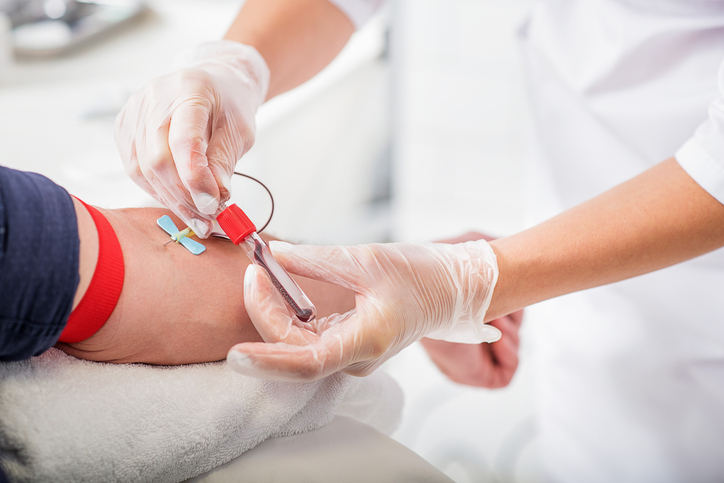The U.S. Food and Drug Administration (FDA) has approved a groundbreaking new blood test for colon cancer, known as the Shield test. Developed by Guardant, this test offers a fresh, noninvasive approach to screening for one of the leading causes of cancer deaths.
What is the Shield Test?
The Shield test is designed for adults aged 45 and older who are at an average risk of colon cancer. Unlike the traditional colonoscopy, which many people dread, this test requires only a simple blood draw. By detecting DNA fragments shed by tumor cells and precancerous growths, it provides an easier way to screen for colon cancer.
Not a Replacement, but a Valuable Tool
It’s important to note that the Shield test isn’t meant to replace colonoscopies. Colonoscopies remain the gold standard because they not only detect cancer but also allow doctors to remove precancerous growths called polyps. However, the Shield test offers a valuable alternative for those who might avoid a colonoscopy due to its invasive nature or the inconvenient preparation required. The laxative medication taken in two stages prior to a colonoscopy is unpleasant but necessary to clean out the colon. (Hint: keep it as cold as possible which dulls the taste somewhat)
How Effective is the Shield Test?
In a study published earlier this year, the Shield test detected 83% of cancers, though it wasn’t as effective at identifying precancerous growths compared to colonoscopies. It missed 17% of cancers, which puts its performance on par with existing stool-based tests. While not perfect, the Shield test represents a significant advancement in making colon cancer screening more accessible and less intimidating.
Accessibility and Cost
Currently, doctors can order the Shield test as a laboratory service, with an out-of-pocket cost of $895. With FDA approval, we can expect increased coverage by private and government insurance, making this test more accessible to a broader population.
The Importance of Screening
Regular screening is crucial in the fight against colon cancer. Unfortunately, many people avoid it due to the perceived hassle. In the U.S., nearly 60% of eligible adults undergo colon cancer screening each year, which is still short of the 80% goal set by the American Cancer Society. By offering a less invasive option, the Shield test could encourage more people to get screened and catch cancer early when it’s most treatable. According to the Canadian Cancer Society, Colorectal cancer is expected to be the 4th most commonly diagnosed cancer in Canada in 2024 (excluding non-melanoma skin cancers). It is the 2nd leading cause of death from cancer in men and the 3rd leading cause of death from cancer in women.
Looking Forward
Guardant plans to launch the Shield test soon, and it could be a game-changer in our approach to colon cancer screening. Options are always a good thing to have and this new option could lead to increased screening rates, early detection, and ultimately, saving more lives which is the goal. For those interested in seeing a colonoscopy, this author’s friend, Dr. Mel Ona, a gastroenterologist, generously agreed to film his own procedure, which can be seen at this link.






Add Your Voice
0 Comments
Join the Discussion